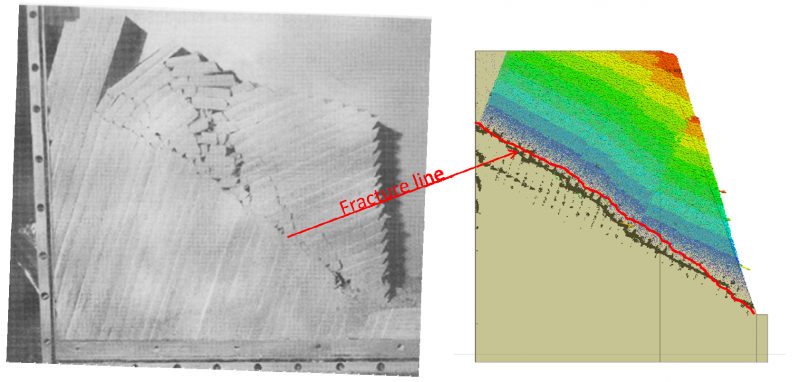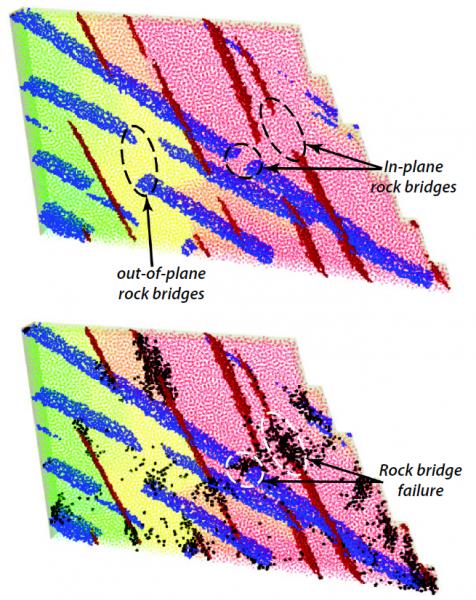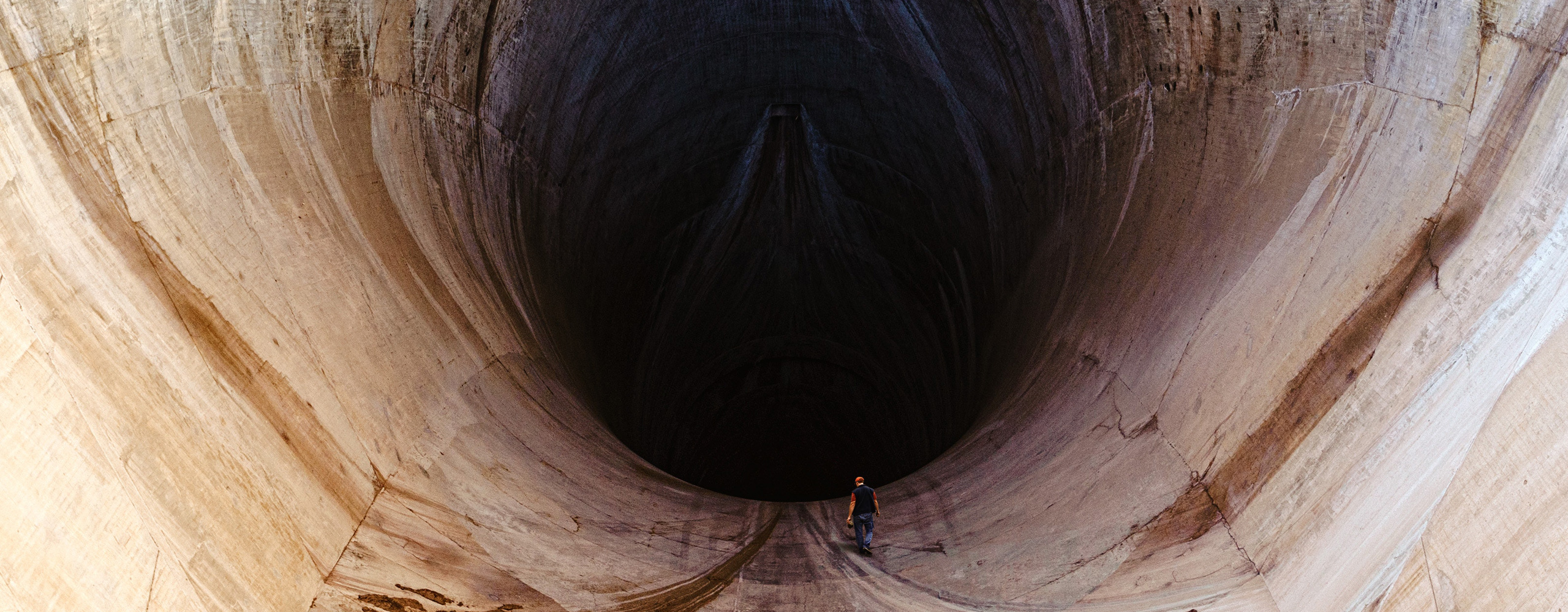
Conventional numerical methods of slope analysis are mainly based on continuum approximation of the rock mass and the assumption of shear failure. Slope Model utilizes a novel approach that performs simulations of selected 3D sectors of rock slope stability in hard, fractured rock masses, consisting of any number of planar benches. The software implements a version of the Synthetic Rock Mass (SRM) approach (Pierce et al., 2007) applied to the specific case of rock slopes. SRM allows movement on joints (sliding and opening) as well as fracture of intact rock. The rock mass contains joint segments derived from a user-specified DFN (discrete fracture network). Non-steady fluid flow and pressure within the network of joint segments are modeled, and several aspects of fluid-rock interaction are represented, such as effective stress (for sliding behavior) and pressure response due to changes in rock geometry (e.g., bench removal). This three-dimensional modeling software is based on a lattice scheme that handles discontinuities and new fractures in the same way as Distinct Element Method (DEM), but is five to ten times faster. Fluid flows in the joints and rock matrix, and the flow network is automatically extended as new fractures form.
Slope Model was developed as part of the Large Open Pit (LOP) Project.
Contact us for more information and download selected abstracts to learn more.

The left-hand photograph is from Adhikary et al (1997), corresponding to his centrifuge Test 7, showing post-failure deformation of a toppling assembly of layers oriented with initial dips of 69o, and a slope angle of 70o. The right-hand plot is from a lattice simulation of a similar system, after failure (but limited to small strain deformation). The black dots denote broken bonds, and the colored vectors denote displacements (where red is large displacement and blue is small displacement). The red fracture line, derived from the centrifuge result, is superimposed upon the numerical result.

